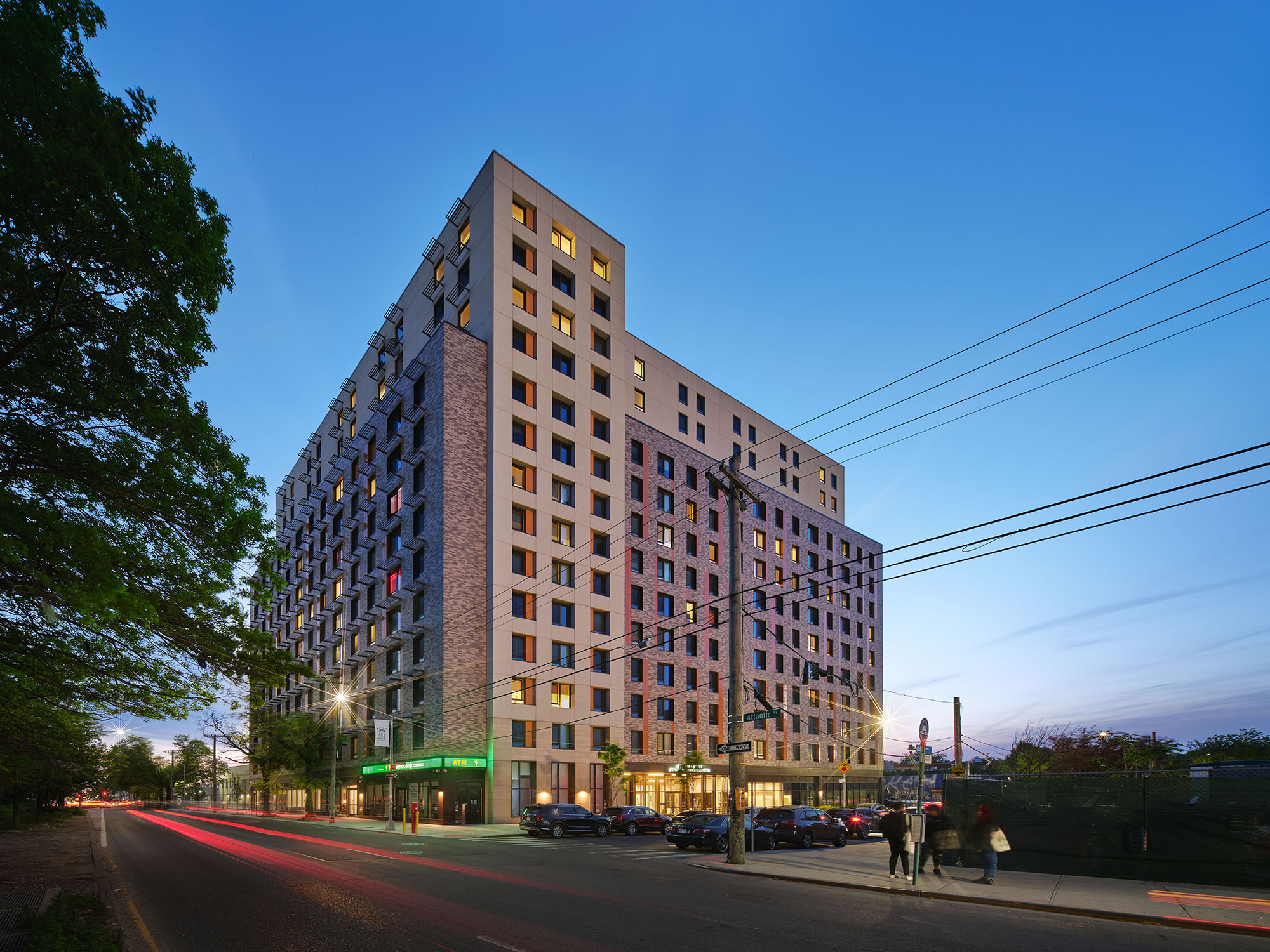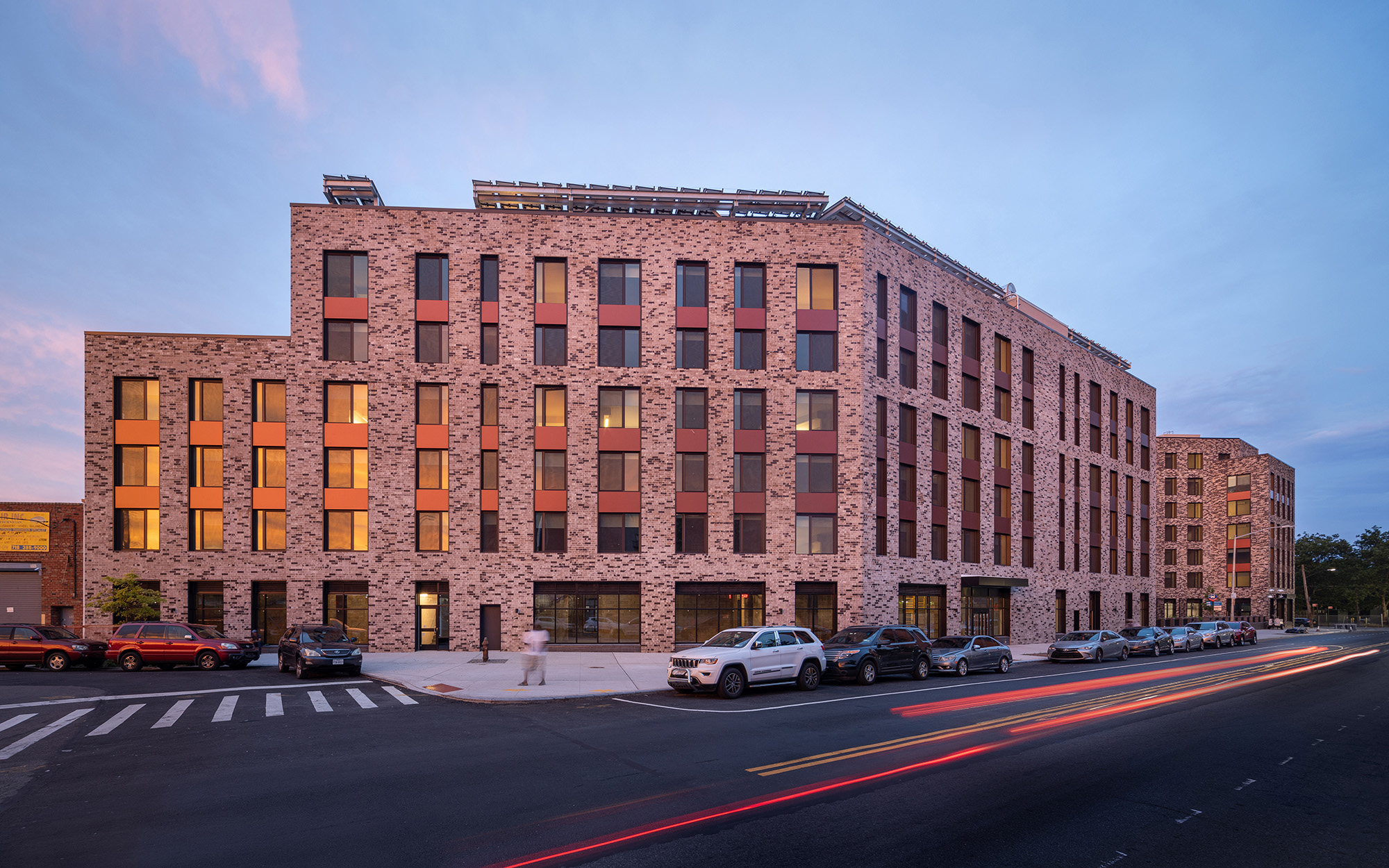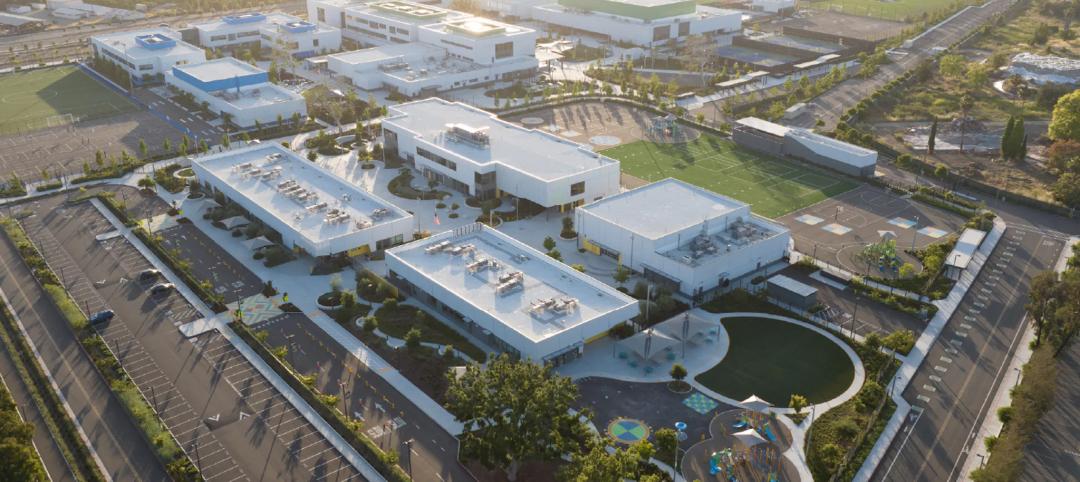PACE Equity, the leader in Property Assessed Clean Energy (PACE) financing for development projects, along with decarbonization non-profit Phius, jointly announced a new compliance path for PACE Equity’s CIRRUS Low Carbon program at PhiusCon 2023. Through the new partnership, commercial real estate projects that are certified as Phius CORE or Phius ZERO passive house buildings are automatically eligible for the CIRRUS Low Carbon financing rate when approved for PACE Equity funding.
What is CIRRUS Low Carbon financing?
CIRRUS Low Carbon is the only private financial product that provides a lower cost of capital for buildings that are developed or renovated to a lower carbon design. The standards set by Phius CORE and Phius ZERO are locally tailored and globally applicable, aligning significantly with PACE Equity’s CIRRUS Low Carbon design goals.
Projects that apply for PACE Equity financing with the passive house Phius certification will qualify to receive CIRRUS Low Carbon’s reduced financing rate, helping the project developers fill a gap in a capital stack, replace more expensive funding options, and improve project returns.

“The path to lower carbon commercial real estate development is forged through symbiotic industry partnerships that offer developers and building owners unique financial, environmental, and brand advantages,” said Beau Engman, President and Founder, PACE Equity. “The convergence of Phius passive building standards and PACE Equity’s lower rate financing for lower carbon buildings equips developers with the tools and financial incentive to design more energy-efficient buildings with a better return.”
“With the most effective and widely applicable passive building standard, Phius shares PACE Equity’s vision for a lower carbon future,” said Katrin Klingenberg, Co-founder and Executive Director, Phius. “Partnering with PACE Equity to offer automatic CIRRUS Low Carbon qualification for Phius CORE and Phius ZERO projects helps make decarbonization of the built environment even more achievable.”
About PACE Equity
Since 2014, PACE Equity has funded Commercial Property Assessed Clean Energy projects in innovative, never-before-seen ways, with better financing for better buildings. PACE Equity has closed C-PACE projects across the U.S. and enabled the energy efficient commercial development of over $2.7 billion while eliminating over 1 million metric tons of carbon. PACE Equity offers the design and support that allow customers to intelligently meet the demands of today's consumer and tomorrow's requirements.
About PHIUS
Phius is a non-profit 501(c)(3) organization committed to decarbonizing the built environment by making high-performance passive building the mainstream market standard. It trains and certifies professionals, maintains and updates the Phius climate-specific passive building standard, certifies and quality assures passive buildings, certifies high-performance building products and conducts research to advance high-performance building.
Related Stories
Building Technology | Jun 18, 2024
Could ‘smart’ building facades heat and cool buildings?
A promising research project looks at the possibilities for thermoelectric systems to thermally condition buildings, writes Mahsa Farid Mohajer, Sustainable Building Analyst with Stantec.
University Buildings | Jun 18, 2024
UC Riverside’s new School of Medicine building supports team-based learning, showcases passive design strategies
The University of California, Riverside, School of Medicine has opened the 94,576-sf, five-floor Education Building II (EDII). Created by the design-build team of CO Architects and Hensel Phelps, the medical school’s new home supports team-based student learning, offers social spaces, and provides departmental offices for faculty and staff.
Codes and Standards | Jun 17, 2024
Federal government releases national definition of a zero emissions building
The U.S. Department of Energy has released a new national definition of a zero emissions building. The definition is intended to provide industry guidance to support new and existing commercial and residential buildings to move towards zero emissions across the entire building sector, DOE says.
Mass Timber | Jun 10, 2024
5 hidden benefits of mass timber design
Mass timber is a materials and design approach that holds immense potential to transform the future of the commercial building industry, as well as our environment.
Mass Timber | May 31, 2024
Mass timber a big part of Western Washington University’s net-zero ambitions
Western Washington University, in Bellingham, Wash., 90 miles from Seattle, is in the process of expanding its ABET-accredited programs for electrical engineering, computer engineering and science, and energy science. As part of that process, the university is building Kaiser Borsari Hall, the 54,000-sf new home for those academic disciplines that will include teaching labs, research labs, classrooms, collaborative spaces, and administrative offices.
MFPRO+ New Projects | May 29, 2024
Two San Francisco multifamily high rises install onsite water recycling systems
Two high-rise apartment buildings in San Francisco have installed onsite water recycling systems that will reuse a total of 3.9 million gallons of wastewater annually. The recycled water will be used for toilet flushing, cooling towers, and landscape irrigation to significantly reduce water usage in both buildings.
Mass Timber | May 22, 2024
3 mass timber architecture innovations
As mass timber construction evolves from the first decade of projects, we're finding an increasing variety of mass timber solutions. Here are three primary examples.
K-12 Schools | May 13, 2024
S.M.A.R.T. campus combines 3 schools on one site
From the start of the design process for Santa Clara Unified School District’s new preK-12 campus, discussions moved beyond brick-and-mortar to focus on envisioning the future of education in Silicon Valley.
Sustainability | May 10, 2024
Perkins&Will’s first ESG report discloses operational performance data across key metrics
Perkins&Will recently released its first ESG report that discloses the firm’s operational performance data across key metrics and assesses its strengths and opportunities.
Sustainable Development | May 10, 2024
Nature as the city: Why it’s time for a new framework to guide development
NBBJ leaders Jonathan Ward and Margaret Montgomery explore five inspirational ideas they are actively integrating into projects to ensure more healthy, natural cities.


















